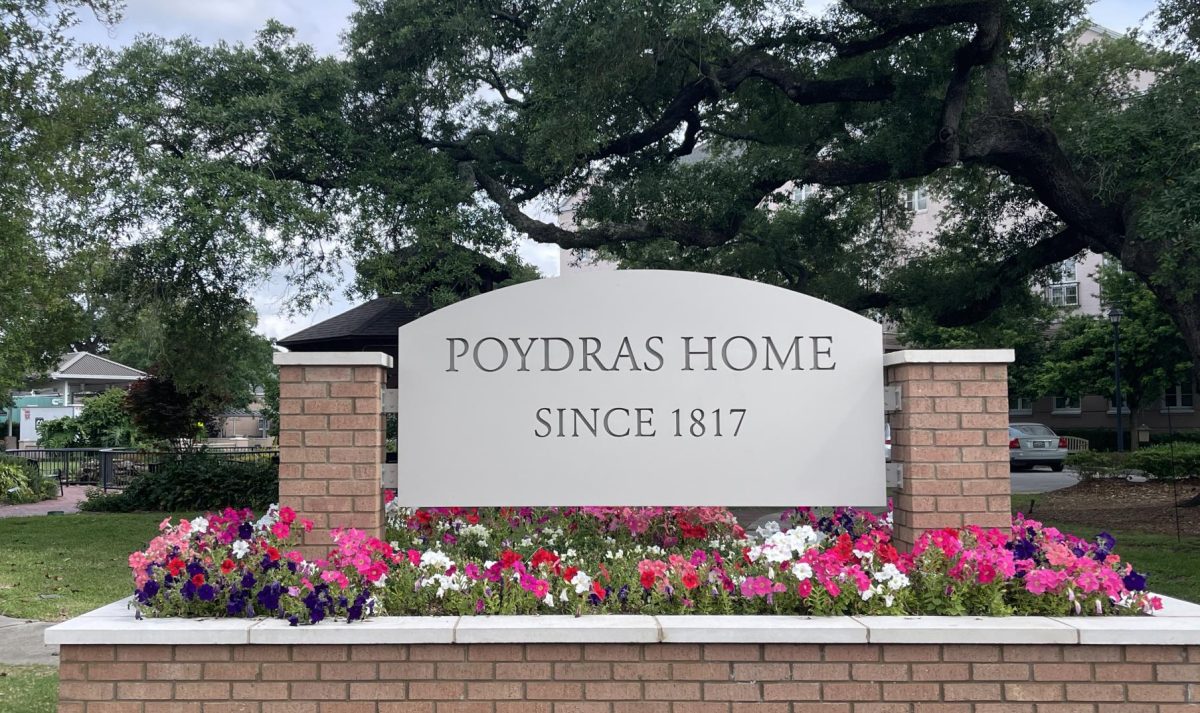Behind the vibrant facade of New Orleans lies a depressing reality, a city where lifelong residents, particularly the elderly, are struggling to make ends meet.
The cost of living for senior citizens on all levels is a struggle, including healthcare, housing, transportation, food, and other expenses.
The estimated population of New Orleans is 369,749 and senior citizens make up 17% (62,857) of the population. Alarmingly, the Census Reporter found that 20%, one in every five senior citizens, are experiencing poverty.
As our research took on a more concentrated approach, we discovered that housing was a key point of financial insecurity for senior citizens.
The Census Report found that the average income of New Orleans seniors is $34,391, which is lower than the average income of seniors in Louisiana, which stands at $35,363. This disparity is concerning, given that the Council for Community and Economic Research reported that the housing in New Orleans is 71% more expensive than the state average and 43% more costly than the U.S. average.
Statistics and figures are necessary for this type of economic research, but we felt that an integral aspect of this story would be lost if we did not record the personal experiences from senior citizens in New Orleans.
Jacqueline Harrison, a community member from the Gentilly neighborhood and a longtime employee of Sodexo at Loyola, helped shed some light on the housing crisis facing senior residents of the city. Our first time meeting Harrison was when we assisted the organizing committee of the Sodexo union, of which she was a key leader. Her home in Gentilly has been in her family for three generations, but with property taxes rising, she is struggling to hold onto it.
“Before Katrina I was paying $40 in property taxes. By 2010, they were over $3,000,” said Harrison. Affording these taxes has always been a struggle for her. Harrison went to City Hall to inquire about why property taxes are now so exorbitant. There, she discovered that the city will appraise houses based upon outward appearance and location, regardless of what the average resident is able to afford.
After Hurricane Katrina, Harrison left New Orleans for New York City and experienced a great increase in her standard of living.
“I left New Orleans in 2007 and I lived in NYC for one year and it was wonderful. I had a job, and I was making good money. I was making $14 an hour in 2007. It’s the same I am making now,” Harrison said.
Harrison returned to New Orleans to care for her brother who was disabled and could not work. The small return she received on her federal income tax from being his caregiver was able to barely cover the income tax each year. Unfortunately, he passed away this year and that small supplemental income is gone.
“Without that extra income to help out, I don’t know what I’m going to do” Harrison said.
The Orleans Parish Assessor’s office re-evaluates property assessments every four years, a process that is referred to as quadrennial assessment. The most recent assessment took place in 2023 for the 2024 tax year, and New Orleans homeowners were left wondering how they were going to pay their upcoming property taxes with this significant increase in their property assessment. Some homeowners living on fixed incomes were left having to accept that they could no longer afford to live in their house in New Orleans anymore. Many others were left perplexed by the increases, claiming that their neighbors’ assessments were significantly different from their own and that the appraisers must have made a mistake.
“Even tax experts I’ve spoken to say some of this just isn’t making sense, some of these are just way too much, from what I understand there are more than 60 thousand properties with more than a 50 percent increase,” said City Council vice president Helena Moreno in a FOX 8 article. It is unreasonable to assume that lifelong residents of the city like Harrison are able to afford these increases, leading to generations of families being kicked out of their homes.
Our research revealed to us some crucial exacerbation of an already desperate housing situation.
The city of New Orleans allocates almost nothing to affordable housing or section 8 programs according to the city budget. Hurricanes are increasing in both number and severity, driving insurers to either drop their clients or raise rates to unpayable levels. Companies like AirBnB and VRBO worsened an already critical housing crisis; neighborhoods with the highest concentrations of these short-term rentals are 20% more expensive on average.
Unfortunately, our research shows that Jacqueline Harrison’s story is all too common in the Crescent City. New Orleans has some serious reckoning to do and it is our responsibility as citizens to pressure our local government to do something about it.
Measures like bans on short-term rentals enacted by the City Council are an important step in the right direction, but more needs to be done if lifelong New Orleanians are going to continue to call our city home.





















Todd • May 3, 2024 at 8:54 pm
Zero out elderly and disabled taxes, Not Freeze,,,,take it away